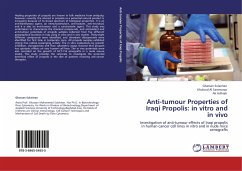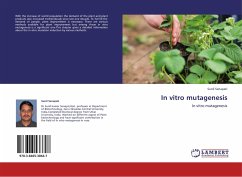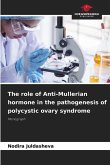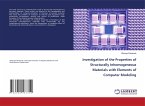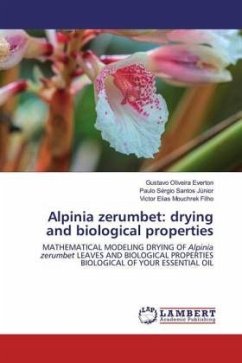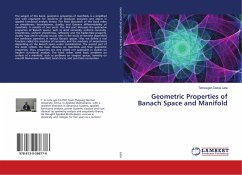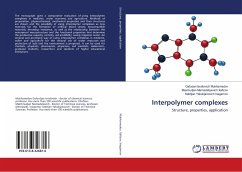Healing properties of propolis are known in folk medicine from antiquity; however, recently, the interest in propolis as a potential natural product is increasing because of its broad spectrum of biological properties. It is an anti-flammatory agent, an immunostimulant, anti-oxidant, anti-microbial, and it is also an anti-tumour and a carcinostatic agent. This study was undertaken to characterize the chemical compounds, and antioxidant and anti-tumour potentials of propolis samples collected from five different geographical locations in Iraq using in vitro and in vivo studies. Thirty-eight different compounds were identified, and clerodane diterpenoids were identified for first time in temperate zone. All propolis samples exhibited strong free radical scavenging activity. The in vitro evaluations by growth inhibition, clonogenicity and flow cytometric assays showed that propolis has cytotoxic effects on two human cell lines. The in vivo potentials were also recorded on the growthof HCT-116 xenografts in a nude mouse model. This study provides the rationale to investigate the potential beneficial effect of propolis in the diet of patients receiving anti-cancer therapies.
Bitte wählen Sie Ihr Anliegen aus.
Rechnungen
Retourenschein anfordern
Bestellstatus
Storno

